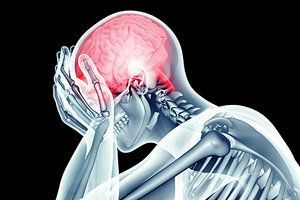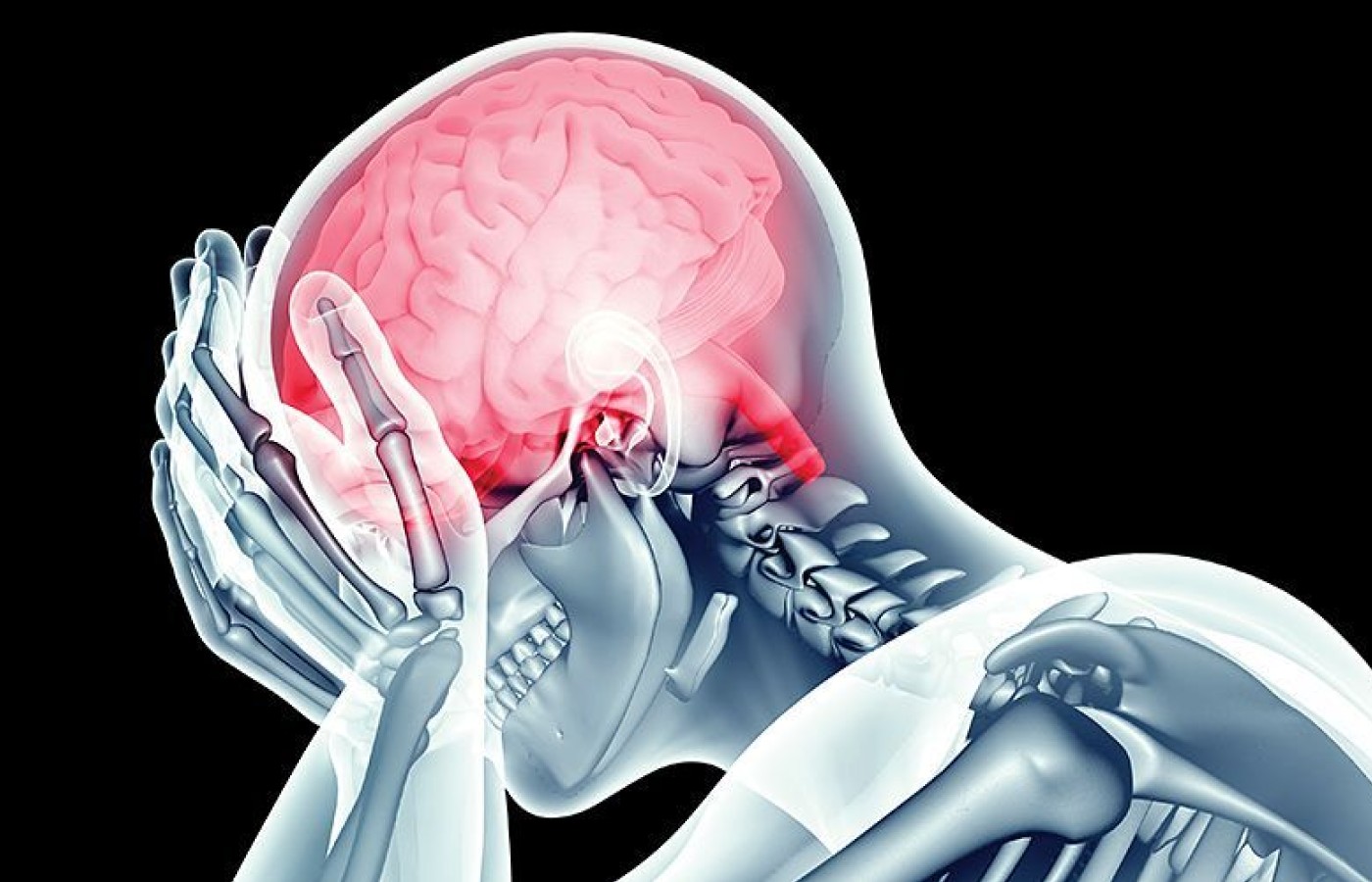It’s a new year and many chiropractors are evaluating what will enhance their respective practices, particularly as it relates to their bottom line. One of the most common questions I get is: “Do I need to be credentialed to bill insurance, and what are the best plans to join?” It’s a loaded question – but one every DC ponders. Whether you're already in-network or pondering whether to join, here's what you need to know.
Concussion Talk: Tools for Lay Education
If you work with concussion victims, you have probably already familiarized yourself with the Zurich Statement1 and the CDC's fact sheet,2 among other relevant literature. While public awareness of the problem is much greater today than it was 10-15 years ago, there is still much confusion among laypeople. In your patient-education newsletters, public lectures and conversations with athlete patients (and parents of athletes), consider emphasizing the following points:
You Don't Have to Hit Your Head to Hurt Your Brain
Many people still think a blow to the head is required to get a concussion. They need to know there is now widespread scientific consensus that an injury to another part of the body can transmit enough force to the head to cause concussion. Therefore, all sorts of trauma, including sports injuries, assaults, slip-and-fall incidents and whiplash, can cause concussion.
A Concussion Doesn't Always Result in a Knockout
While a dazed feeling is common, loss of consciousness actually afflicts a minority of concussion victims. This fact still surprises many people.
The Concussion You Have Immediately Isn't Necessarily the Concussion You Have Eventually

The severity of the concussion may not be apparent until hours or days after the trauma. If this is not understood by those in close contact with the concussion victim, deterioration can be easily missed.
You Can't Just Snap a Picture of a Concussion
Ever had a patient tell you they suffered a blow to the head, but an MRI was done and found no concussion? The misconception that standard imaging will rule out concussion is still prevalent within the lay public. Patients must understand that a careful history and physical exam are essential in evaluating and following the concussion victim.
Concussions Don't Always Go Away by Themselves
Sadly, concussion victims are too often told to "walk it off," even today. While a majority of adults recover from signs and symptoms of concussion within 10 days (3-4 weeks for children and adolescents), a significant minority develop post-concussion chronicity.
An Injury That Hurts Your Brain Hurts Your Spine
The misconception that doctors of chiropractic have no legitimate role to play in managing the concussion victim is unfortunately widespread within the health professional community, as well as the lay public. To most of us, this seems preposterous. Even if you haven't read my previous article, "The Concussion-Subluxation Complex," [Nov. 15, 2015 DC], it surely boggles your imagination that someone could emerge from a concussive injury and not have new subluxations or exacerbation of existing ones.3 Recent clinical findings indicate failure to correct these subluxations can be a factor in chronicity of concussion symptoms.4
A Free Patient Education Video and a Few Invitations
I recently recorded a video titled "Mo's Concussion," concerning a fictitious baseball player who suffers a concussion. It has been posted for public access by Northern Virginia Community College to help educate students about concussion and selected aspects of the nervous system.
I invite you to use "Mo's Concussion" for your own public education efforts. You will find the link for this video and other brain-related patient education items in my practice newsletter, which also includes articles on brain fitness.5 Your comments are welcome.
A further invitation: Please share any thoughts you have on patient education and research in the area of concussion. The more we learn and the more effectively we communicate such, the more we will be able to serve the concussed patients who most certainly need our help.
Editor's Note: Click here for access to Dr. Masarsky's previous two articles, which also address concussion, via his Previous Articles section. He also offers a seminar for chiropractic associations on concussion as it relates to the vertebral subluxation complex.
References
- McCrory P, Meeuwisse WH, Aubry M, et al. Consensus statement on concussion in sport. The 4th International Conference on Concussion in Sport Held in Zurich, November 2012. Br J Sports Med, 2013;47:250-258.
- "Facts for Physicians About Mild Traumatic Brain Injury." Centers for Disease Control and Prevention, Department of Health and Human Services.
- Masarsky C. "The Concussion-Subluxation Complex." Dynamic Chiropractic, Nov. 15, 2015.
- Masarsky C. "Post-Concussion Patient Care: Relevance of the Chiropractic Adjustment." Dynamic Chiropractic, Aug. 1, 2014.
- To access my free patient education newsletter with the link to "Mo's Concussion," click here.



